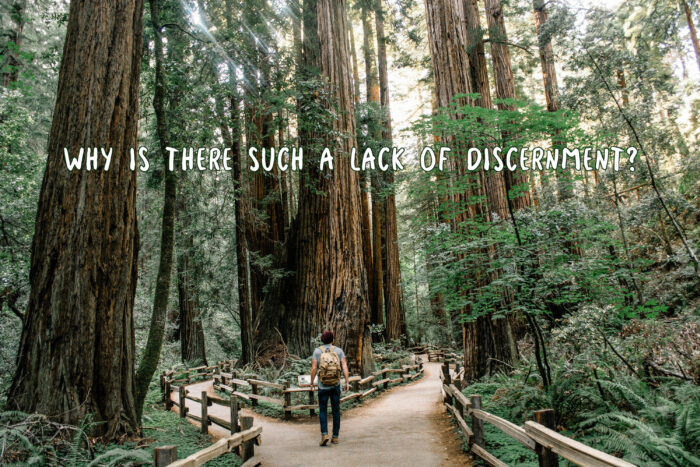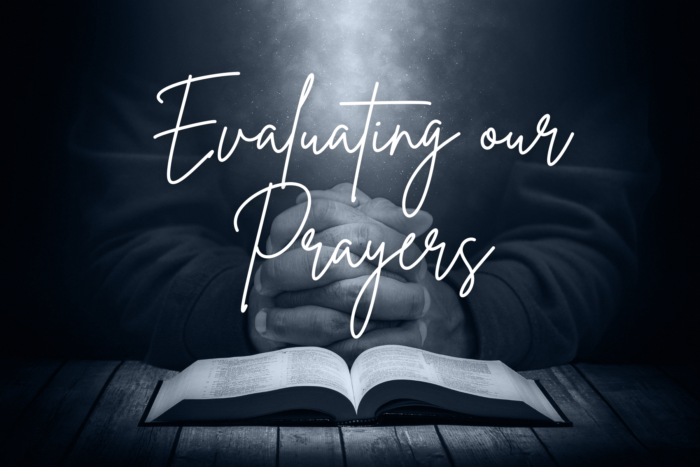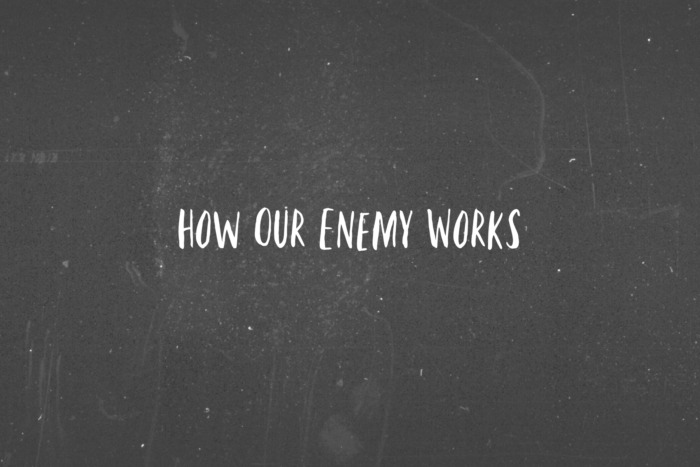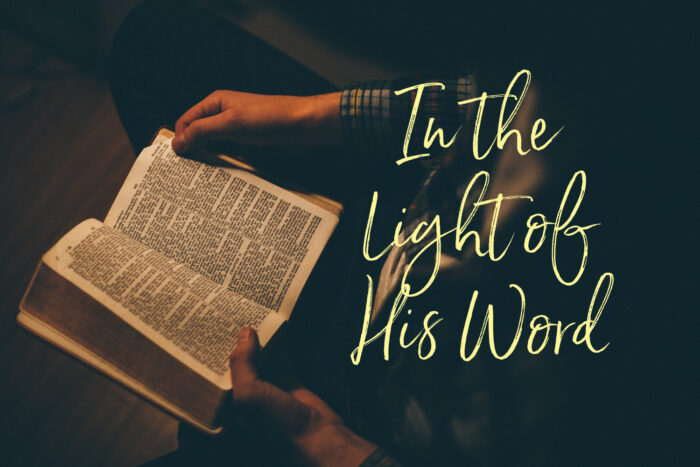Is God Really Faithful to His Promises?
Do you think God gets mad at you when you sin? Mad enough to change His mind about your salvation? Is there anything you can do to “stop being saved”?
I find it interesting that those who would answer a resounding “no” to this question would answer “yes” when it comes to Israel. A good portion of the Christian population now believes that God transferred His love for His beloved people from Israel to the Church, despite His promise of an everlasting covenant with Israel. They believe that God changed His mind.
I am so thankful for a pastor who preaches that the Church has not replaced Israel. He recently started a study in Romans 9-11 where he reminded us all what the Bible clearly teaches about this subject. Interestingly enough, God used these same chapters when I was reading through the Bible (several years ago now) to help me understand this very thing.
If you believe that the Church has replaced Israel, you are not finding it in the clear teaching of the Bible but rather in the teachings of a man who created a theology outside of scripture and then went to scripture to try to back it up. (I ask anyone who believes in Replacement Theology to do some honest searching into the hows and whys of its creation.)
I’ve been thinking of how this wrong theology is such a clear turning away from scripture as I’ve been studying Revelation. In chapter seven we read of 144,000 people from Israel’s tribes being sealed for God’s purposes. They are very specifically listed. Why would God have John write down such a specific list if it wasn’t going to happen?
Lehman Strauss writes this in his commentary on this chapter—
“The 144,000 are all Israelites; not one Gentile is among them. Those who spiritualize the Scriptures, making Israel and the Church one and confusing law and grace, rob the nation of Israel of her promised blessings and in so doing commit a serious evil.”
I agree!
But perhaps the greatest offense of Replacement Theology is its attack on the character of God. God promised Israel that His covenant was everlasting and forever. Here are a few examples from scripture of His promises to Israel–
And the Lord said unto Abram, after that Lot was separated from him, Lift up now thine eyes, and look from the place where thou art northward, and southward, and eastward, and westward: For all the land which thou seest, to thee will I give it, and to thy seed for ever. (Genesis 13:14-15)
And I will establish my covenant between me and thee and thy seed after thee in their generations for an everlasting covenant, to be a God unto thee, and to thy seed after thee. And I will give unto thee, and to thy seed after thee, the land wherein thou art a stranger, all the land of Canaan, for an everlasting possession; and I will be their God. (Genesis 7:17-18)
And I ask you: Do we get to redefine the words “everlasting” and “forever” just because they don’t fit our man-made theology?
And just in case the words “everlasting” and “forever” aren’t enough, God gave us Psalm 89, where he specifically says: I will remain faithful even if Israel is faithless.
His seed also will I make to endure for ever, and his throne as the days of heaven. If his children forsake my law, and walk not in my judgments; If they break my statutes, and keep not my commandments; Then will I visit their transgression with the rod, and their iniquity with stripes. Nevertheless my lovingkindness will I not utterly take from him, nor suffer my faithfulness to fail. My covenant will I not break, nor alter the thing that is gone out of my lips. Once have I sworn by my holiness that I will not lie unto David. His seed shall endure for ever, and his throne as the sun before me. (Psalm 89:30-36)
If forever doesn’t mean forever and everlasting doesn’t mean everlasting; if Psalm 89 is simply a nice poem–then what does this mean for us and our salvation? Or as I once heard a pastor say: If God is through with the Jew, what does that mean for me and you?
We cannot assume that God will remain faithful to us if we believe He has turned His back on His chosen ones whom He promised never to turn His back on!
But, praise the Lord, He has NOT turned His back on Israel. Oh, the miracle of Israel! I could write pages and pages about the miracle that modern day Israel is. The fact that they have remained a distinct people group despite being dispersed throughout the world is its own miracle. The fact that they are in a land surrounded by enemies and yet still exist could only be a work of God. There are so many more reasons (and miracles) I could share. I have to agree with Lehman Strauss: To deny Israel its rightful inheritance is a serious evil. It is also very serious attack on the character of God.
God does NOT make conditional promises that are based on our behavior. We do not serve such a fickle God as One who would break His covenants with us. Oh, praise His name, He is faithful even when we are faithless!!
It is so important to mention here that Satan hates Israel. He will do all he can to persecute her; to render her obsolete; to eradicate her. I believe one of the ways he is accomplishing that today is through Replacement Theology.
When we are willing to approach scripture with a consistent hermeneutic (method of interpretation) and cast aside the ideas of man, then the Bible comes alive in its cohesiveness. It all makes so much sense!*
Now…just to be clear, I do not believe this is a salvation issue. I believe there are many earnest believers who believe in this wrong theology. And I am also aware that I have simplified some of the arguments here. However, at the end of the day, I sincerely believe that when we come to the point where we are willing to just accept what scripture says as we read it through, we must end up with a belief that God has not–nor will He ever–turn His back on Israel.
I know there are so many Christians these days who don’t believe that God has a future for Israel. You may be one of them. May I ask you to pray humbly and sincerely and ask God to show you what is true regarding this important subject? There was a time that I didn’t know what I believed nor did I care very much about it. I am so thankful that God, in His great mercy and kindness, opened my eyes to this truth and the importance of it. I pray that He does the same for you.
*If you’d like to study this subject more, may I suggest a series by my brother, Pastor Dean Good, where he goes through the Bible from the beginning to end, taking a look at how it all fits together so perfectly. It is one of my favorite series and was so helpful for me in understanding that God’s plan is incredible and perfect and no philosophy of man will thwart His purposes! You can find that series HERE. Scroll to the bottom of the page for the first sermon in the series. (There are two pages of sermons so don’t miss page one–which you will find a link to at the bottom of the page.)










